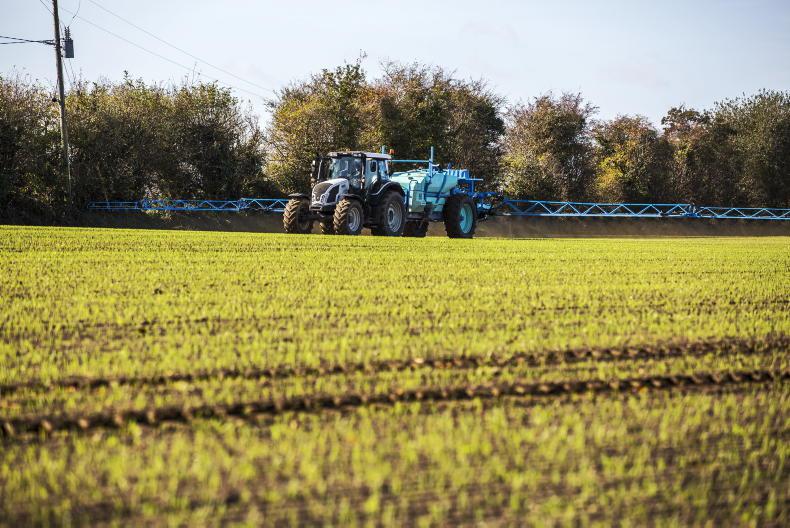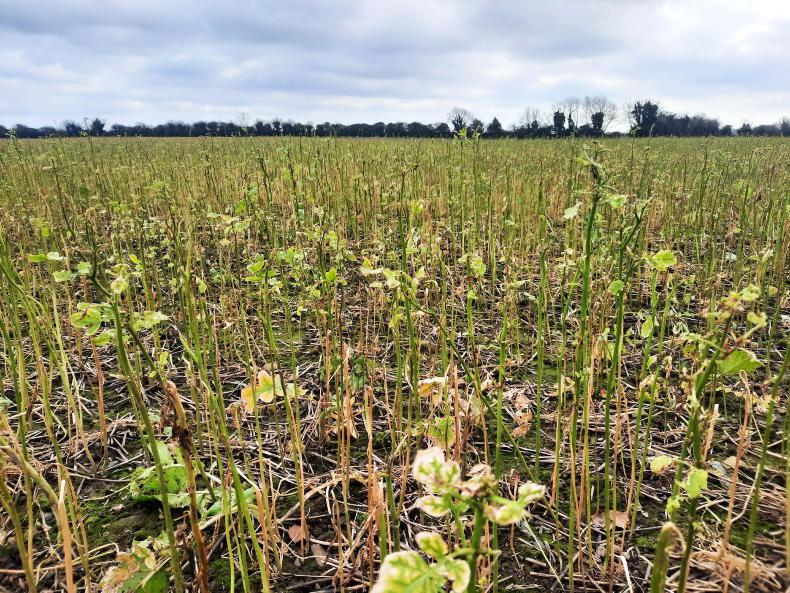DEAR SIR:
The herbicide glyphosate sold under the trade name Roundup, effective in the management of invasive weeds such as Japanese Knotweed, continues to be licensed for use here despite a Californian jury awarding former school groundskeeper Dewayne Johnson, who claimed the product contributed to his terminal cancer, the sum of $289m (€253m).
Jurors unanimously found Roundup and the professional version RangerPro contributed to the plaintiff’s terminal illness as Monsanto failed to warn of cancer risks posed by glyphosate.
Ramifications
The ramifications are much broader and have global implications. Older farmers will recall 2,4,5-T, simazine, atrazine, diuron and paraquat as practically ubiquitous.
In the 30s, New Zealand farmers suffered an epidemic of “exploding trousers” due to the widespread use of sodium chlorate to control ragwort.
While the award in California may be overturned on appeal, 4,000 plaintiffs have claims pending with the potential outcomes resulting in millions of dollars in damage awards. But after fractious debates among EU member states, the renewal was limited for five instead of 15 years. And 18 of the 28 member states voted in favour of the European Commission’s proposal for a five-year renewal.
The Department of Agriculture’s stance was influenced by the European Food Safety Authority and the European Chemicals Agency, whose findings concluded “positively on the safe use of glyphosate”.
Alternatives
South Dublin County Council uses non-glyphosate weedkillers and continues to trial alternatives such as industrial grade vinegar and techniques using hot foam.
Glyphosate is an approved active substance in the EU and Ireland’s registration remains in place.
Farmers should put their faith in the EU’s scientific verdict which provides evidence on the safe use of glyphosate for agricultural purposes under carefully controlled conditions.
Read more
Monsanto will appeal US jury decision on Roundup
Monsanto to pay $289m in damages in Roundup case
DEAR SIR:
The herbicide glyphosate sold under the trade name Roundup, effective in the management of invasive weeds such as Japanese Knotweed, continues to be licensed for use here despite a Californian jury awarding former school groundskeeper Dewayne Johnson, who claimed the product contributed to his terminal cancer, the sum of $289m (€253m).
Jurors unanimously found Roundup and the professional version RangerPro contributed to the plaintiff’s terminal illness as Monsanto failed to warn of cancer risks posed by glyphosate.
Ramifications
The ramifications are much broader and have global implications. Older farmers will recall 2,4,5-T, simazine, atrazine, diuron and paraquat as practically ubiquitous.
In the 30s, New Zealand farmers suffered an epidemic of “exploding trousers” due to the widespread use of sodium chlorate to control ragwort.
While the award in California may be overturned on appeal, 4,000 plaintiffs have claims pending with the potential outcomes resulting in millions of dollars in damage awards. But after fractious debates among EU member states, the renewal was limited for five instead of 15 years. And 18 of the 28 member states voted in favour of the European Commission’s proposal for a five-year renewal.
The Department of Agriculture’s stance was influenced by the European Food Safety Authority and the European Chemicals Agency, whose findings concluded “positively on the safe use of glyphosate”.
Alternatives
South Dublin County Council uses non-glyphosate weedkillers and continues to trial alternatives such as industrial grade vinegar and techniques using hot foam.
Glyphosate is an approved active substance in the EU and Ireland’s registration remains in place.
Farmers should put their faith in the EU’s scientific verdict which provides evidence on the safe use of glyphosate for agricultural purposes under carefully controlled conditions.
Read more
Monsanto will appeal US jury decision on Roundup
Monsanto to pay $289m in damages in Roundup case









SHARING OPTIONS